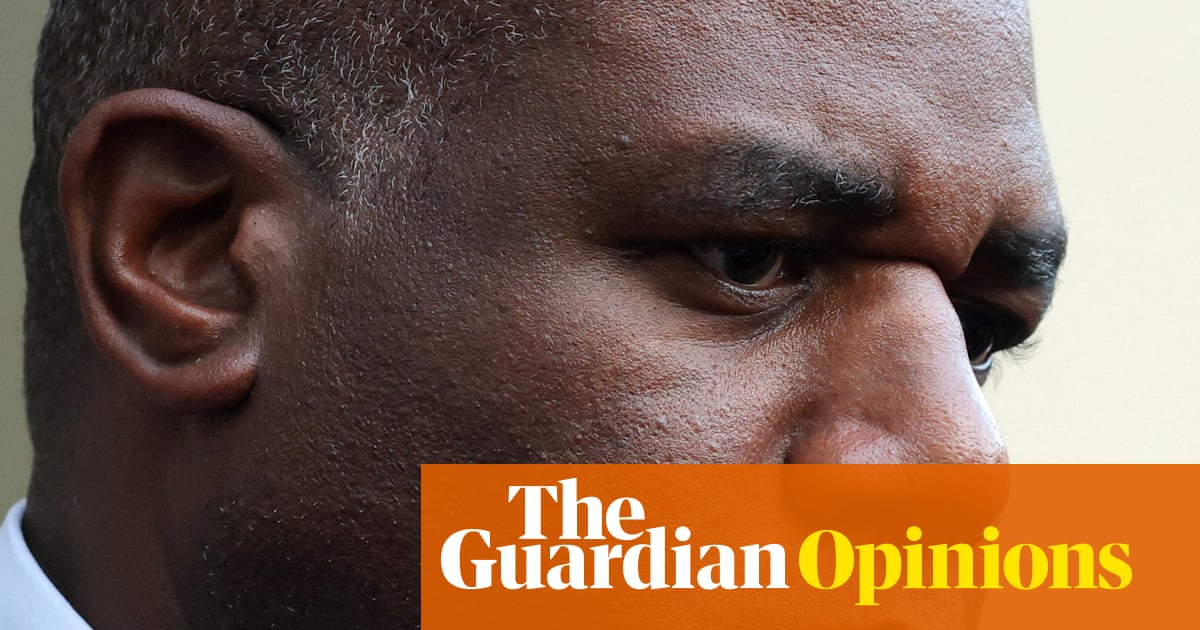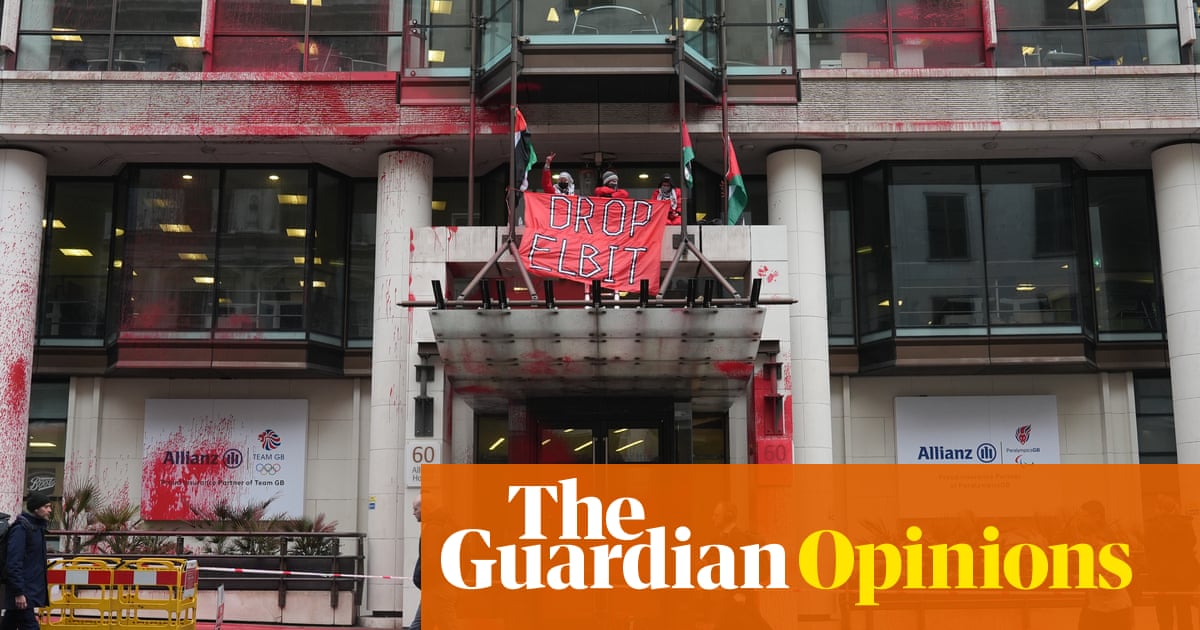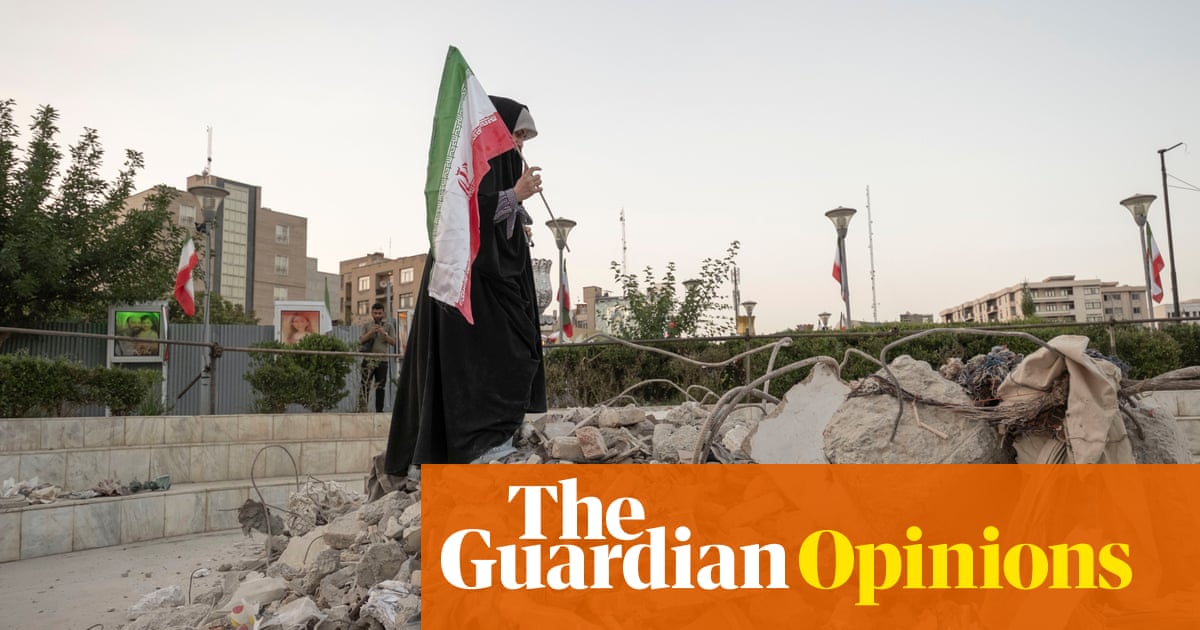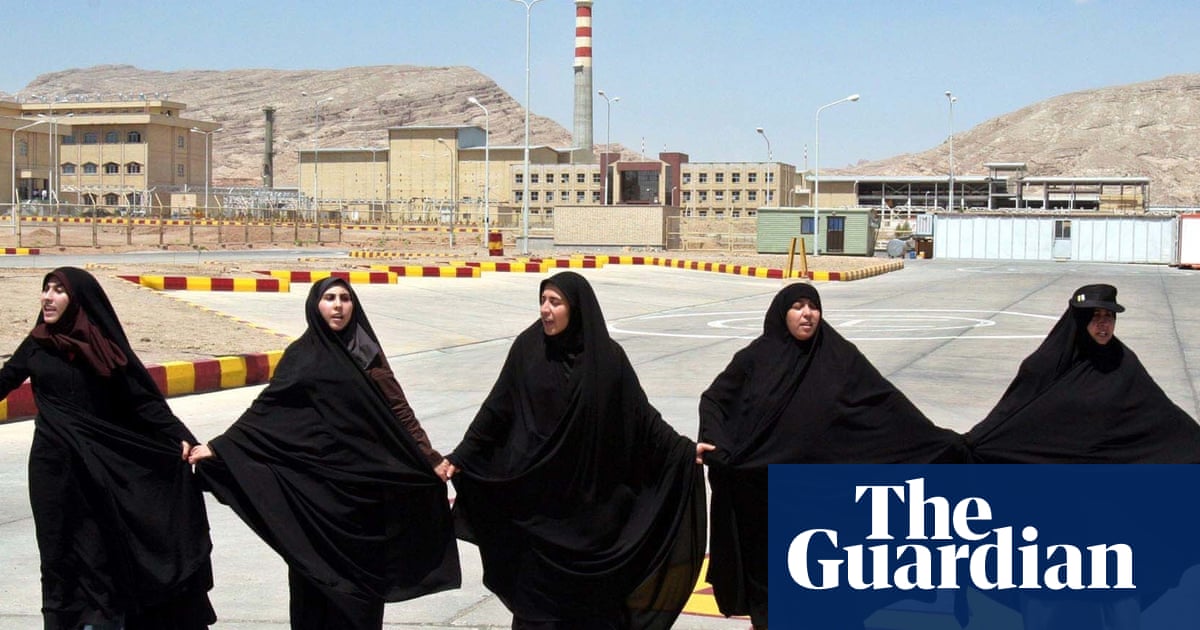When future historians look back at this year’s crop of Oscar nominees and ask what the world was like in 2024, what will they learn? Maybe that we’d had enough of reality, thanks. It’s telling that nine out of the 10 nominees are essentially set in the past, or in isolated or fantasy realms, from 1960s America (A Complete Unknown, Nickel Boys) to “Mexico” (Emilia Pérez, filmed in France), from Wicked’s Oz to Dune: Part Two’s Arrakis. Only one entry is set in genuine, here-and-now, modern-day society. What’s more, Anora goes to places mainstream cinema rarely does: the grubby streets, the strip clubs, the all-night cafes, off-season Brighton Beach in Brooklyn and the Russian and Armenian communities who live there. Anora also gives us the opposite: gated mansions, deluxe hotel suites, private jets. That’s the kind of film it is; that’s the kind of world we live in.
But the main reason Anora should win is that it’s simply an adorable film – full of heart and passion and energy and just life. It’s impossible not to be swept along with its hero, Ani – a gutsy but tragically naive lapdancer who falls for a Russian oligarch’s spoilt son, and spontaneously marries him. Mikey Madison’s beautifully open and spirited performance means we’re rooting for her every step of the way. Some have likened Anora to a Cinderella-like fairytale – minus the happy ever after. Pretty Woman it ain’t – but there’s far more going on here. As a snapshot of the degraded American Dream, a quarter of the way into the 21st century, for my money there’s been nothing better.
One of the things that makes Anora so adorable is the way it mixes pain with joy, the depressing truth with the seductive fantasy, bleak social realism with screwball comedy. It shouldn’t work but it does. When Ani first falls for the feckless Vanya and they hightail it to Vegas, for example, we’re whisked along with them in an intoxicating whirl of garish glitz and dance pop and freewheeling camerawork – even as we know this love won’t last. And when it does come crashing down, it’s tragic but also hilarious, most memorably in the bravura sequence where the thugs Igor and Garnik attempt to apprehend Ani at the family mansion, massively underestimating her ability to put up a fight. Their boss Toros turns up to find his henchmen nursing bite marks and broken noses amid the broken furniture. “What happened?” he asks. “She happened,” they say.
As with Sean Baker’s earlier movies (Tangerine, The Florida Project, Red Rocket), Anora homes in on sex work as the ultimate distillation of American capitalism; a place where sex, money and power come together – along with economic insecurity, exploitation and discrimination. As a lapdancer and escort, Anora is the embodiment of simulated desire: the “fake it till you make it” mentality. Vanya’s supposed wealth dangles the promise of fairytale class mobility for Ani, but he has his motives, too – not least escape from his overbearing parents (when we meet his monstrous mother, we understand why). How much would they love each other if they met under different circumstances? How much is all love really transactional? How do we know when it’s real? Artifice is everywhere in this movie: fake fur, fake wealth, fake love – it’s no coincidence that their romance takes place in the US capital of unreality, Las Vegas.
It’s not just Anora, though; pretty much everyone in this movie is faking it to make it. Baker is too generous a film-maker to paint any of them as purely evil, but all of them are bent out of shape by the power of money. Vanya is a manchild pretending to be a player to his friends, and a good student to his parents. Igor is essentially a decent guy, a would-be Prince Charming even, but he’s hired muscle, so that’s what he must be. Even Toros drops his role as a priest halfway through a baptism when he gets the call from his boss.
In the movie’s ambiguous final scene, as Ani’s relationship with Igor reaches its climax (or rather, doesn’t), she breaks down uncontrollably and we’re left to wonder why. It’s been a long few days, for sure, but I see it as her no longer knowing what she really feels, the difference between genuine and simulated emotion. It’s the crisis of meaning 20th-century French philosophers warned us about – but Anora makes the point far less pretentiously, with wonderful lightness of touch and empathy for its characters. It’s not just a film to admire; it’s a film to love. And Ani is a character for our times. So when future historians ask what happened in 2024, we can reply, “She happened.”

 3 months ago
64
3 months ago
64

















































